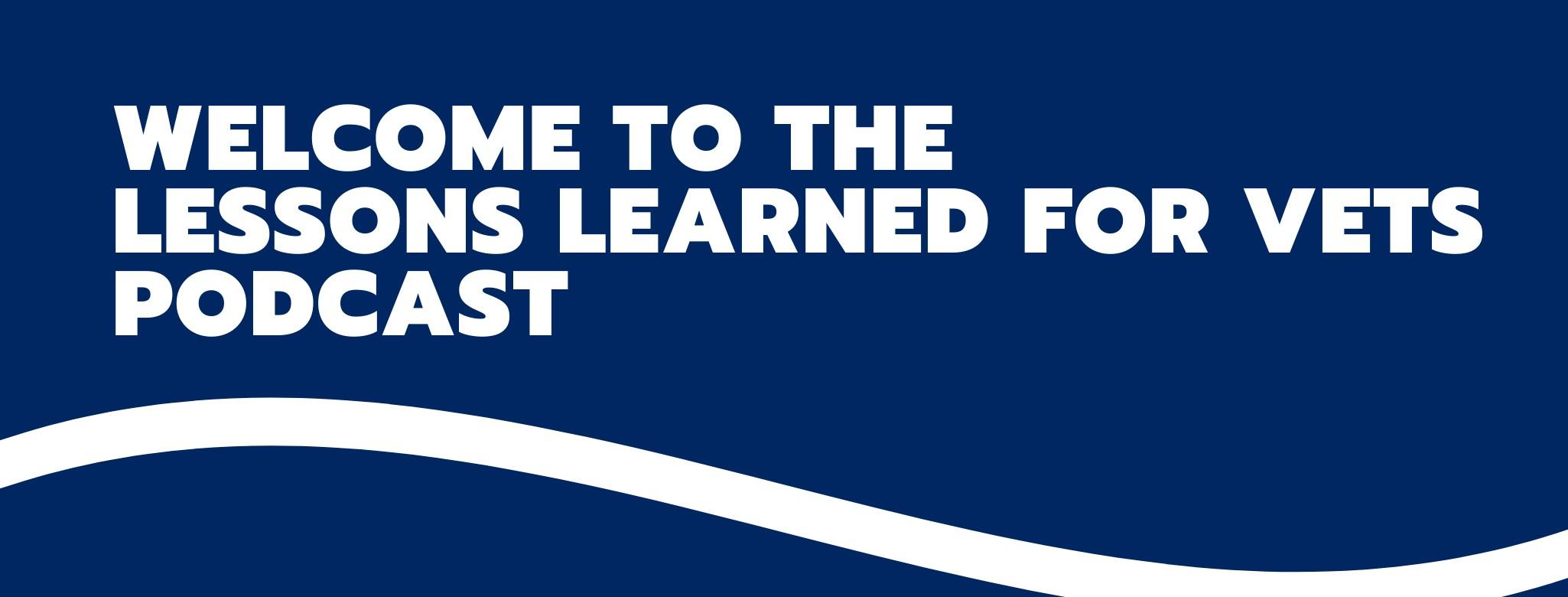
-
-
Episode #10
Michael Radynski
After completing his Bachelor’s degree in Political Science, Mike joined the Marine Corps Reserve while working as a registered representative of New York Life Insurance. He retired as a major of a Field Artillery battalion in 2016 and accepted the role as an Administrative Supervisor in the Yale School of Medicine. Though he appreciated his colleagues and appeared to have seamlessly transitioned to a desirable post-military career and new home, Mike yearned for a different role that allows for more flexibility (and less yardwork) and assists veterans in finding their next, best role. Mike emphasizes the importance of targeting your desired geographical location and the cost/benefit analysis of the area and available positions that match your skills. ***He is currently open to opportunities that leverage his experience with planning, problem-solving, training management and curriculum development in the Peoria, AZ area.***
Lessons Learned:
- Find a geographically-specific group or organization that connects veterans to new work opportunities through LinkedIn, company pages or just Googling it.
- Employers might see veteran applicants as people in whom the US government poured $$$ of resources, training and experiences—which means that they don’t have to. Leverage this strength in your interview.
- 5 obstacles of a typical military transition:
- Not all civilian employers understand the background of candidates with military experience, because a smaller percentage of the population is serving.
- Many veterans don’t communicate their skills with civilian employers in mind.
- Veterans often do not adequately prepare for the financial aspect of the transition.
- Service members often have little exposure to the civilian workforce in order to understand what’s available and what they qualify for.
- There can be some negative stereotypes that hiring managers associate with veterans, creating potential barrier to entry.
- Focus on what you can control, such as:
- Knowing what certifications are necessary and completing them before you transition out of the military
- Effectively translating your resume
- Combatting potential stigma of “the person who barks orders” by describing how you collaborate with your teams, or “the uncreative automaton” by sharing past problems you solved with initiative
- Connect with Michael Radynski on LinkedIn at: https://www.linkedin.com/in/michael-radynski-86a8b885/
-
Are You Struggling to Write Your Resume?
I created the Veteran Resume Self-inspection Checklist to lessen the resume writing struggle for veterans. This 11-item checklist will educate you in resume best practices while giving veterans a guide to assess their resume and determine if it's ready to send to employers.
Download Your Checklist Here




